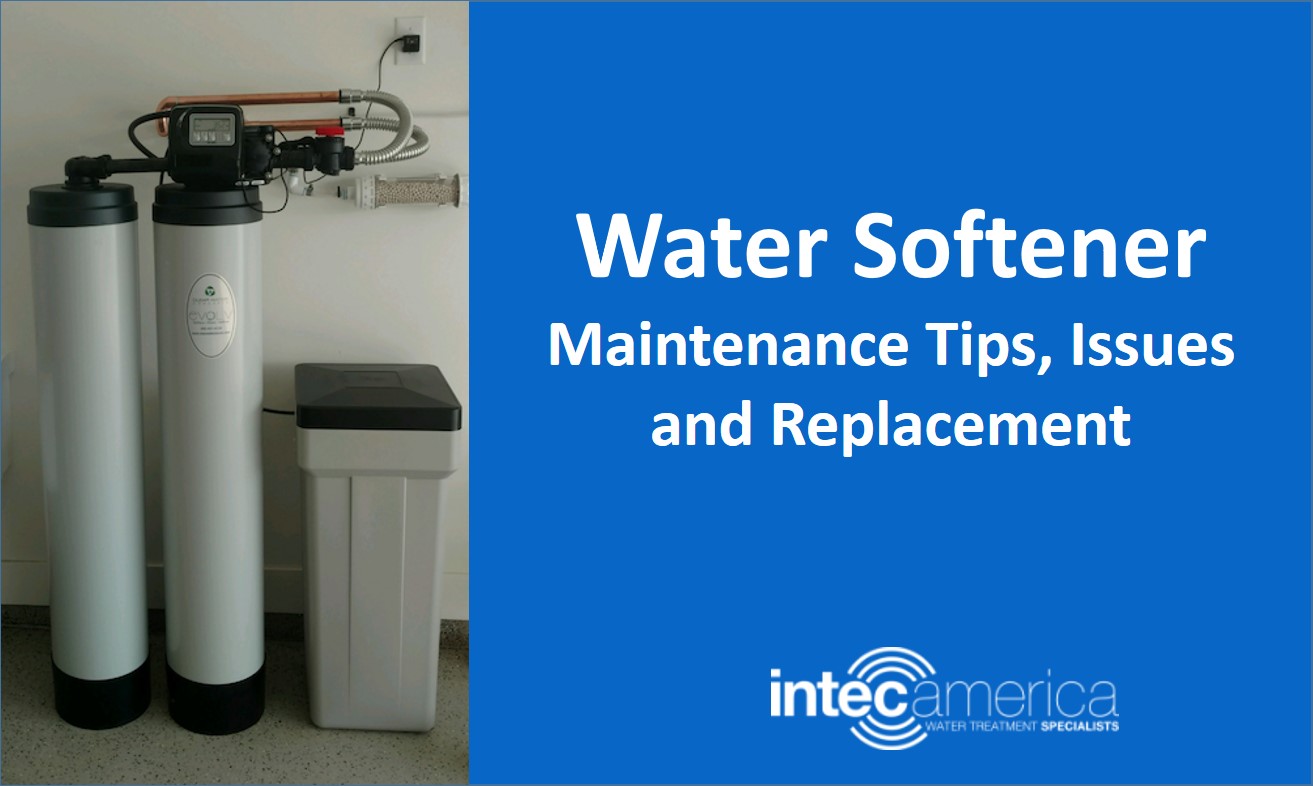
July 9, 2020
Water purification is often required in offices, homes, businesses and industry where it is used for cooking, drinking, or producing goods and or services. The most common methods are is usually water filtration and water softening. Of these two, water softening is commonly used in applications where hard water is involved. In this process, calcium and magnesium ions in water...
Read More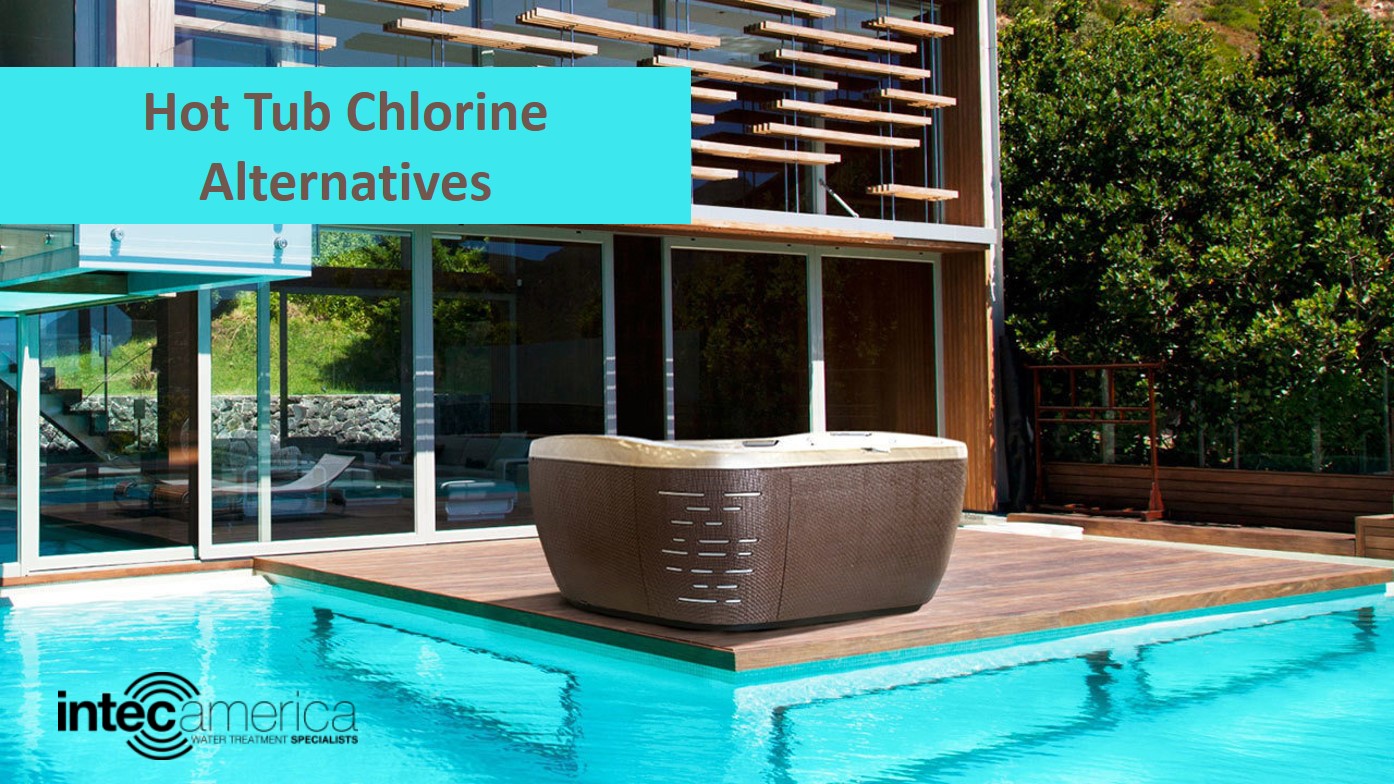
July 3, 2020
A hot tub is a small pool featuring hot water, which is used in spas or hydrotherapy centers. Like swimming pools, hot tubs also require regular sanitization to avoid the growth of algae and bacteria due to water containment. For years, bromine and chlorine have been used to sanitize hot tubs. However, owing to growing consciousness on the side effects...
Read More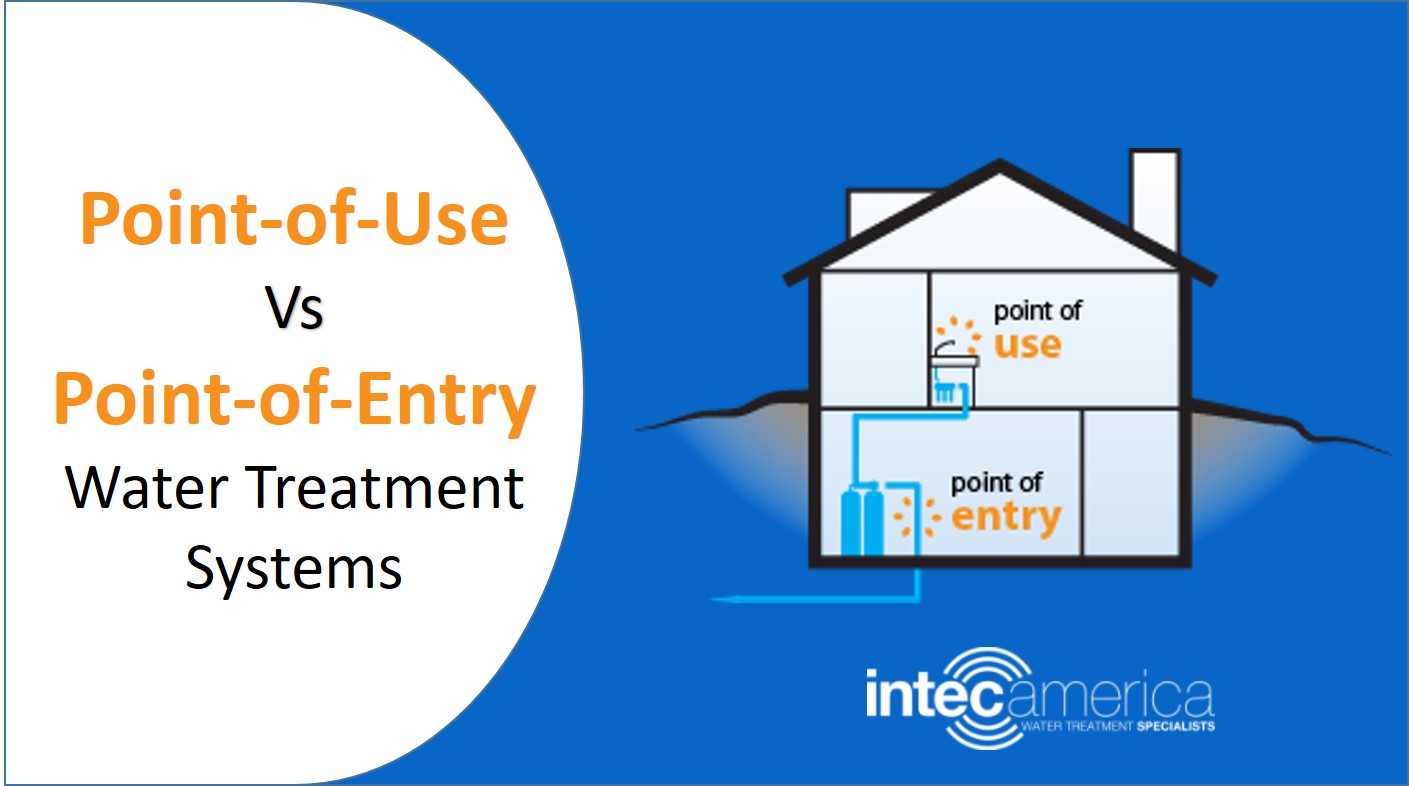
July 3, 2020
Water purification is a crucial process to make it potable and fit for usage and consumption. Water collected from ground wells and other water bodies such as rivers and lakes is collected in reservoirs. At times, water purification systems are installed in a location before the water enters the home. These are point-of-entry water treatment systems. These systems can consist...
Read More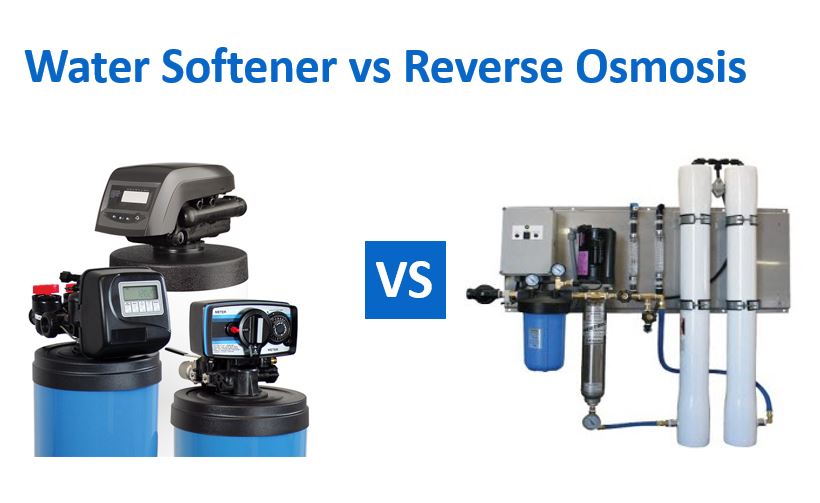
July 2, 2020
Access to pure drinking water is a necessity for every individual whether at home or office. However, that doesn’t come easy because water in its purest form has several impurities, which need to be removed or filtered out before using. There are various purification techniques in use today. Reverse osmosis and water softeners are two popular techniques among them. Many...
Read More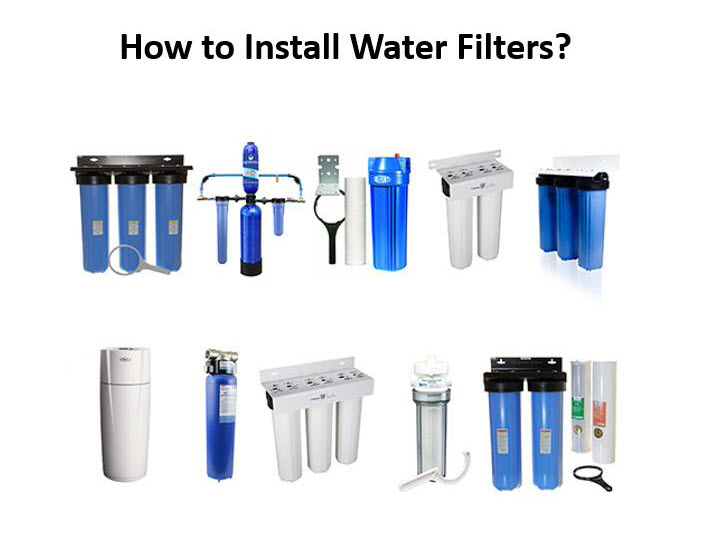
May 5, 2020
Filtering is the most basic step of water purification at domestic levels. It can be done in many ways from applying simple filters to your tap to or even setting up a reverse osmosis water purifier at home. Water goes through various purification stages before it is supplied to households, and larger purification systems at the local government level also...
Read More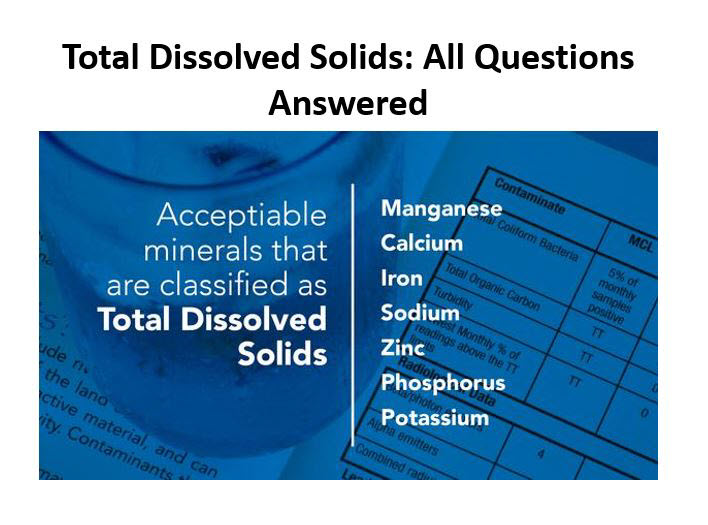
April 14, 2020
Today, various types of water purification systems are used across the world to ensure access to clean water. Although these purification systems are designed to remove the worst type of bacteria and unwanted elements in water, there are various aspects of water chemistry that one needs to consider before buying filtration equipment for their residential, commercial, or swimming pool applications....
Read More
April 14, 2020
Soft water is desirable in terms of usage and drinking. Some areas have naturally hard water, which comprises of many minerals. Most of these hardness minerals do not have negative health consequences. In fact, naturally dissolved minerals such as calcium and magnesium offer supplemental contribution on your dietary intake and have a higher bioavailability than over the counter vitamins. For...
Read More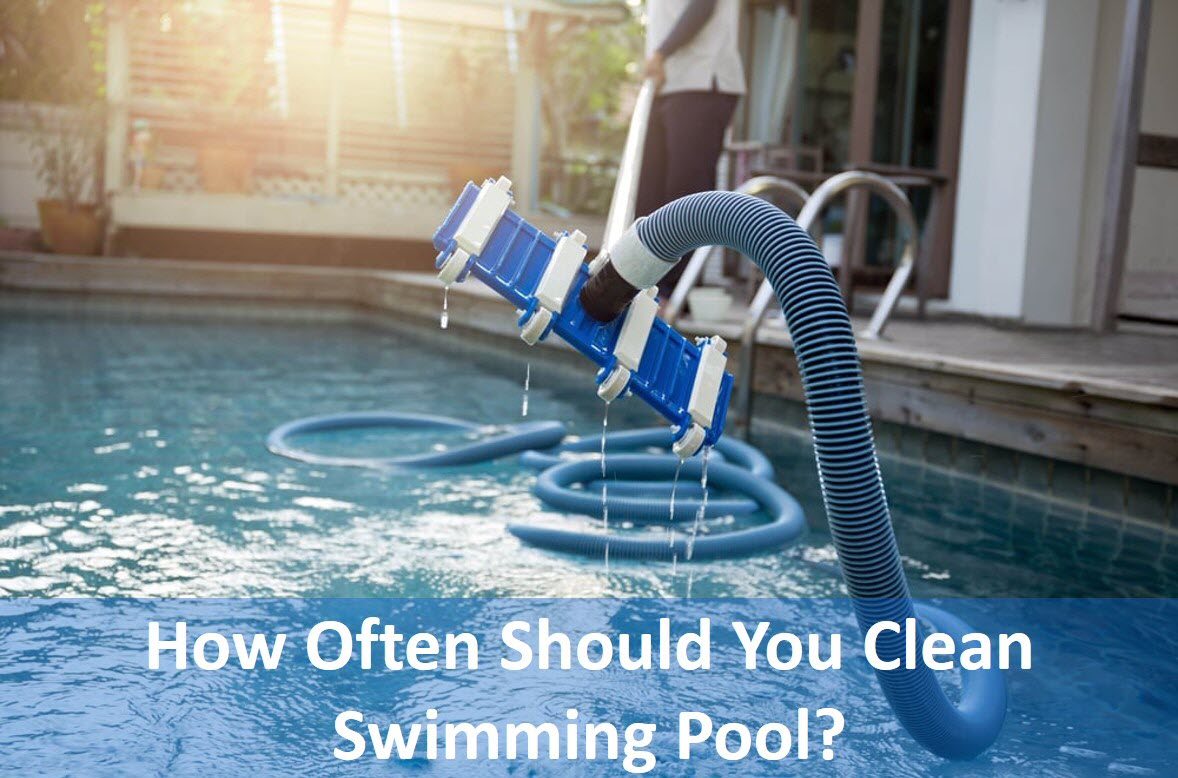
March 31, 2020
Swimming is perhaps the most enjoyable form of aerobic exercise. If you swim with your family or group of friends, it is real fun. It is common to use pools in health clubs or large housing complexes. Although they are common for all members, swimming there can be an enjoyable experience as long as you can socialize there and the...
Read More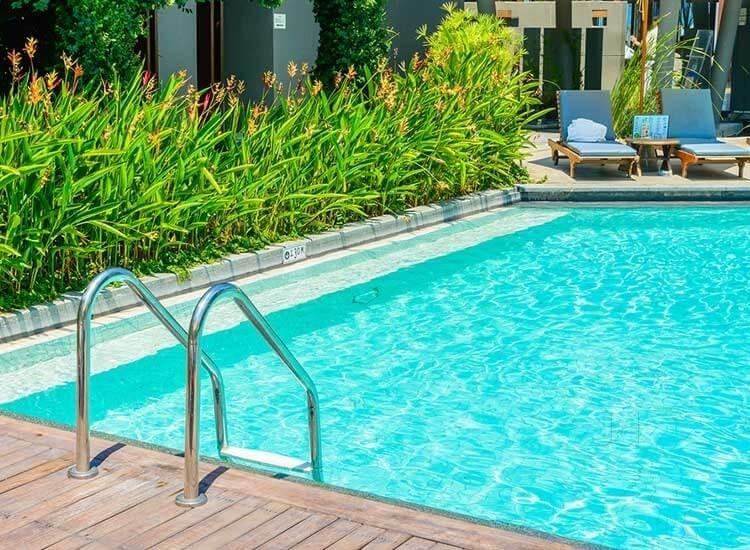
March 27, 2020
It is almost that time of year again. Time for backyard bar-b-queues, parties and swimming. Follow these steps to ensure you are off to a great start to your swim season. [caption id="attachment_1176" align="aligncenter" width="431"] Guide to Open Your Swimming Pool[/caption] Opening Your Swimming Pool Guide Remove the cover if you have one. Make sure to get rid of any...
Read More
March 6, 2020
When temperatures rise, a dip in the swimming pool is what people across the globe yearn to do. This is the favorite summer pastime for most people in the US. However, it may not be as easy as it sounds. The pool water chemistry must be properly balanced before someone swims in it. There are two reasons for readying the...
Read More

